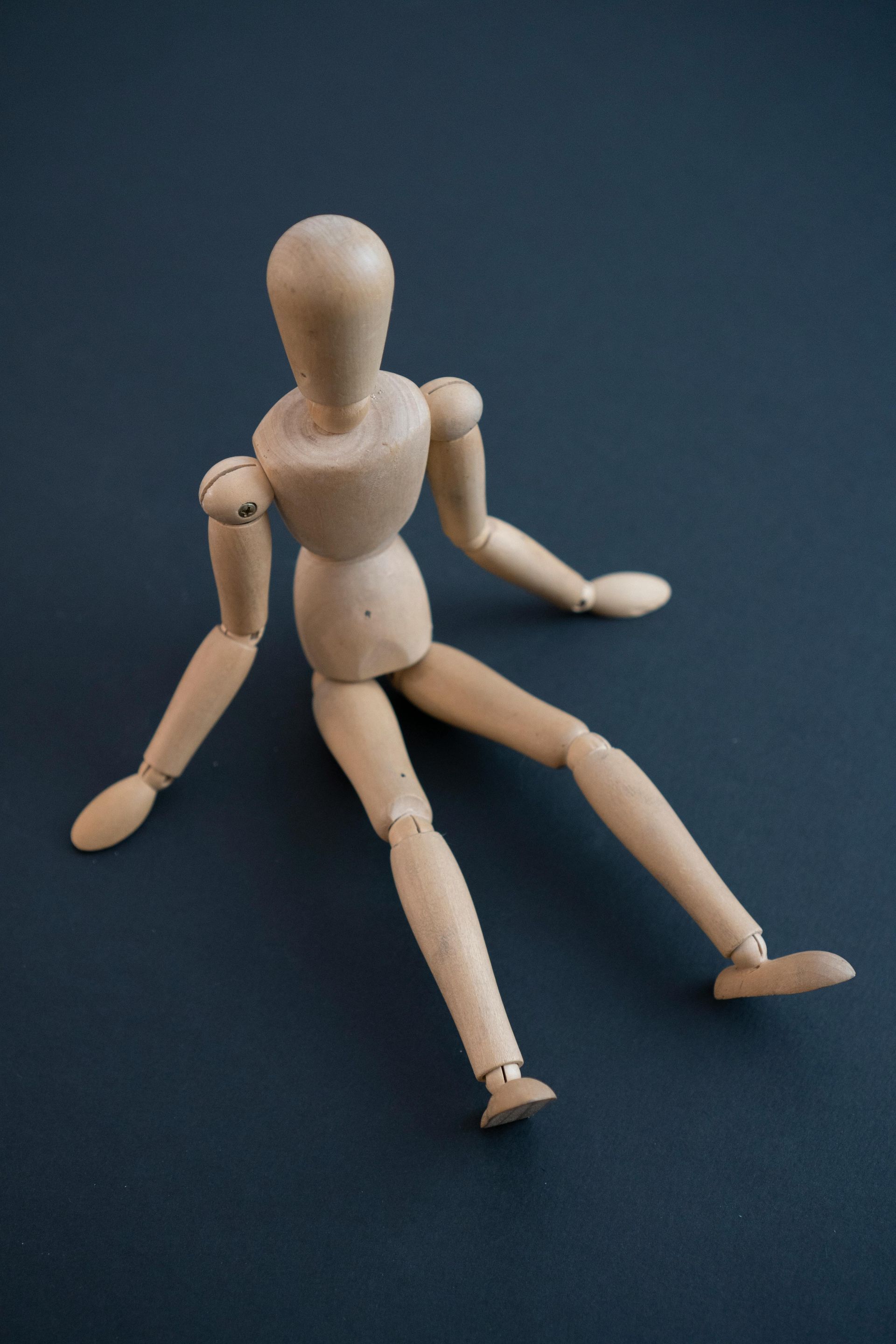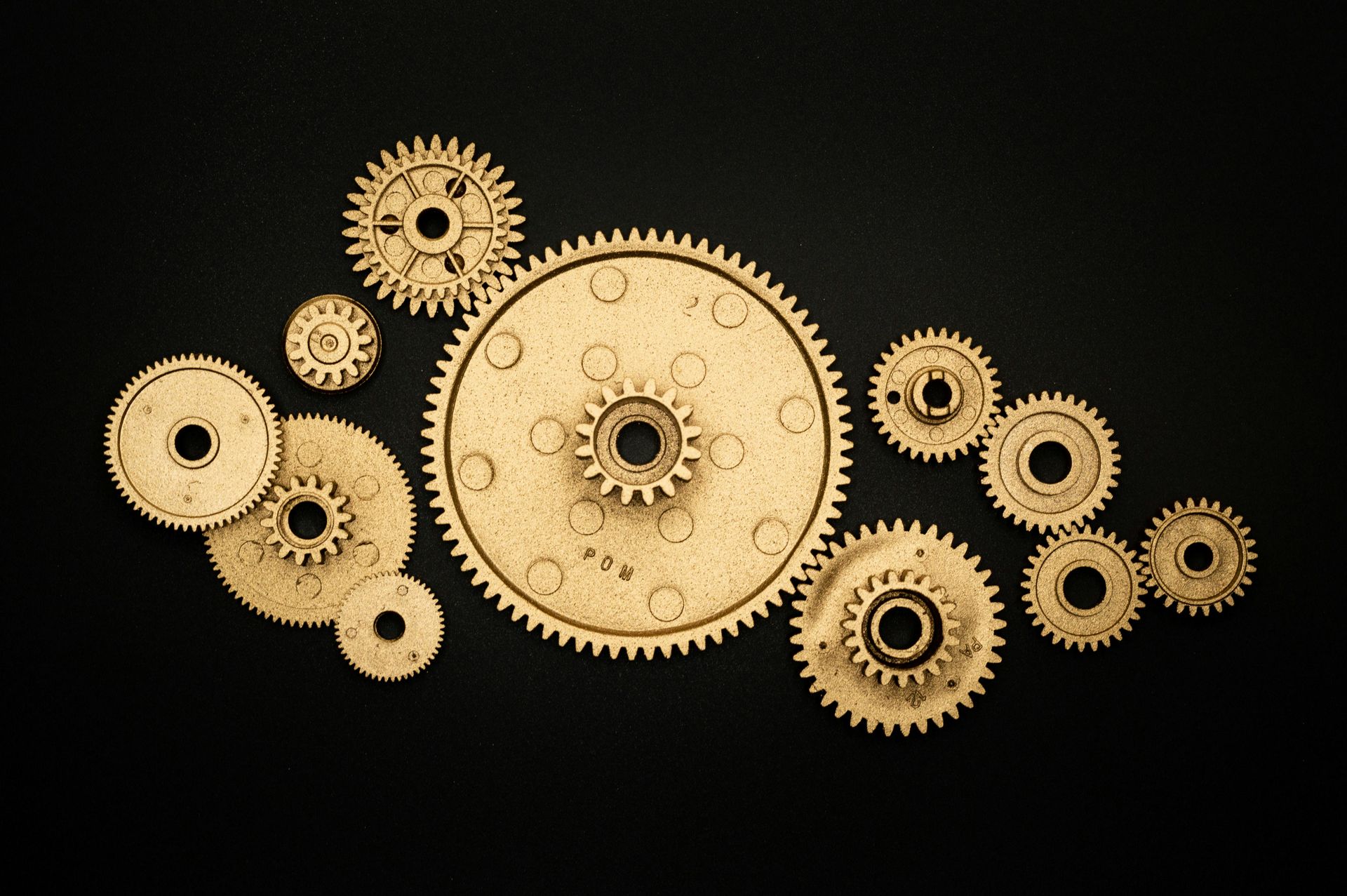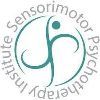🎁 Holiday Wishlist for ADHDers — Curated by Me + My Clients
I’ve pulled together a holiday wishlist full of things that actually help — not the “must-have productivity bullet journal” hype, but real tools that me and people in my little ADHD-community lean on. Some of these are sensory, some are calming, some are just practical for a brain that forgets where it put its keys… again.
This list is not sponsored — these are things that have brought relief or joy to real neurodivergent folks, myself included.
My ADHD Gift Guide: What to Ask For (or Treat Yourself To)
1. Books & Workbooks
The Anti-Planner
If you’ve tried all the planners and they just end up collecting dust: this is for you. It’s not a dated planner — think of it more like an activity workbook for procrastinators. There are games, prompts, and low-pressure strategies to help you actually start stuff, even when motivation is MIA. It’s a favorite because it meets you where you are.
Dani Donovan / Anti-Planner+1
Where to buy:
- You can order The Anti-Planner directly from the author’s site. Dani Donovan / Anti-Planner
- (Note: be careful of knockoffs.) Reddit+1
2. Fidgets & Sensory Tools
- Little Ouchie Grippie — This is one of our top picks in the office. It’s spiky, but in a grounding way — great for emotional regulation, calming down, or just giving your hands something to do when your brain is all over the place.
- Square Magic Dice — This is the fidget I can’t stop playing with. There’s a little hidden gem inside: a spinning-top spring surprise. It’s simultaneously weirdly magic and deeply satisfying.
3. Nervous System + Bedtime Support
- Pulsetto Vagus‑Nerve Device — Okay, full disclosure: I’m skeptical about how effective it is. BUT — I use it every night. The soundtrack, the ritual, the feel — it’s comforting. Pulsetto uses gentle vagus-nerve stimulation to help you relax, reset, and (supposedly) sleep better.
4. Grounding + Anxiety Soothers
- Bearaby Organic Cotton Weighted Blanket — Weighted blankets are a classic, and this one is dreamy. Soft knit cotton that’s breathable, but still gives that comforting hug. Perfect for calming down racing thoughts or overactive nerves.
5. Practical Lifesavers for the Forgetful Brain
- Apple AirTag — This is basically my “where are my keys? where’s my phone?” insurance. I’ve got like ten of these floating around, and on stressful days, “Find My” is my lifeline.
📝 A Few Other Beloved Ideas
Beyond the main items, here are some bonus favorites from clients:
- Mini sensory stones or palm pebbles (textured, smooth, grounding)
- Visual timers (e.g., time-block timers) like the time timer
- A sunrise / gentle alarm clock (for less jarring wakeups)
- Noise-canceling headphones if the world feels too loud
- A self-care workbook (unplanner style) to track moods, energy, and needs
💬 Why These Items, Specifically
I didn’t choose these just because they’re “trendy ADHD gifts.” Instead:
- These are things that people in my therapy space or IRL community actually use.
- They support emotional regulation, sensory needs, executive functioning, or daily brain stuff — not just productivity for the sake of “being busy.”
- Many are tools, not “fixes.” They’re not magic cures, but they help make life a little more manageable.
⚠️ Disclaimer
This is just a personal list, curated from me + my clients. I’m not a product reviewer or a scientist — I’m a therapist + ADHD person.
- I cannot guarantee that these will “work” for you.
- Use your own judgment for anything with health or sensory implications.
- None of this is sponsored or affiliate-linked (unless you find links later, that’s your call — but not mine).









